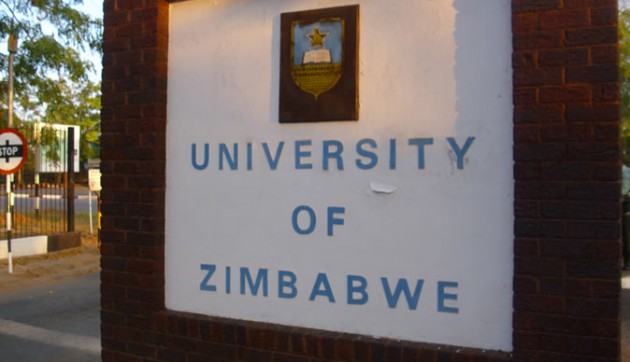UZ heritage indaba ends

 Lovemore Mataire Senior Reporter
Lovemore Mataire Senior Reporter
THE University of Zimbabwe’s three-day Faculty of Arts International Conference on Africa’s Intangible Heritage and Land ended yesterday with participants calling for vigorous efforts to protect, quantify and cherish the country’s intangible heritage.
Presenting a paper titled “The Blue Diamond: A Critical Component of the Southern African Development (Sadc) Security Community,” Zimbabwe National Army Major General Sibusiso Moyo said Africa’s natural heritage has been the source of instability because of the prevalence of resource-based conflicts.
“Southern Africa has not been an exception. The fact that water is a source of life, energy, hydro power and national power has also made this ‘blue diamond’ a source of security and insecurity in the Sadc region. The region’s 11 mainland countries are traversed by no less than 15 international river basins including such major basins as the Zambezi (which is shared by eight states) and the Limpopo and Orange (which are shared by four states each),” said Maj-Gen Moyo.
He said it was prudent for the region to undertake a study focusing on water and security within and among Sadc Member States. The study, he said would explore and examine efforts by the security community to resolve water-based conflicts.
Another participant, Mr Munyaradzi Manyanga said traditionally, issues to do with land ownership, rights and access to land had always made reference to past connections and were often defined by major landmarks and cultural signatures.
“Narratives of how the autochthons occupied particular pieces of land and how they parcelled out some areas to their offspring and grandchildren are numerous in Shona folklore and history. The most recent land debates in Zimbabwe continue to make reference to the past, its material traces and intangible aspects,” said Mr Manyanga.
He said a trend that emerged during the pre-fast track land reform programme saw determined descendent communities negotiating access to alienated land.
“In an era when the ‘science’ of the day had expropriated, alienated and vandalised their tangible heritage, local communities resorted to their own ‘science’ — the power of the intangible — which the colonial machinery lacked authority over,” said Mr Manyanga.
On the case of African literature in the Zimbabwean school and tertiary systems, University of Zimbabwe English Department chairperson Dr Ruby Magosvongwe said the spoken word was an invaluable and integral part of African existence.








Comments